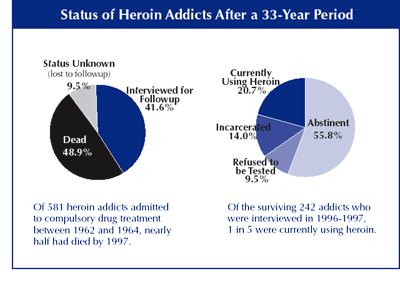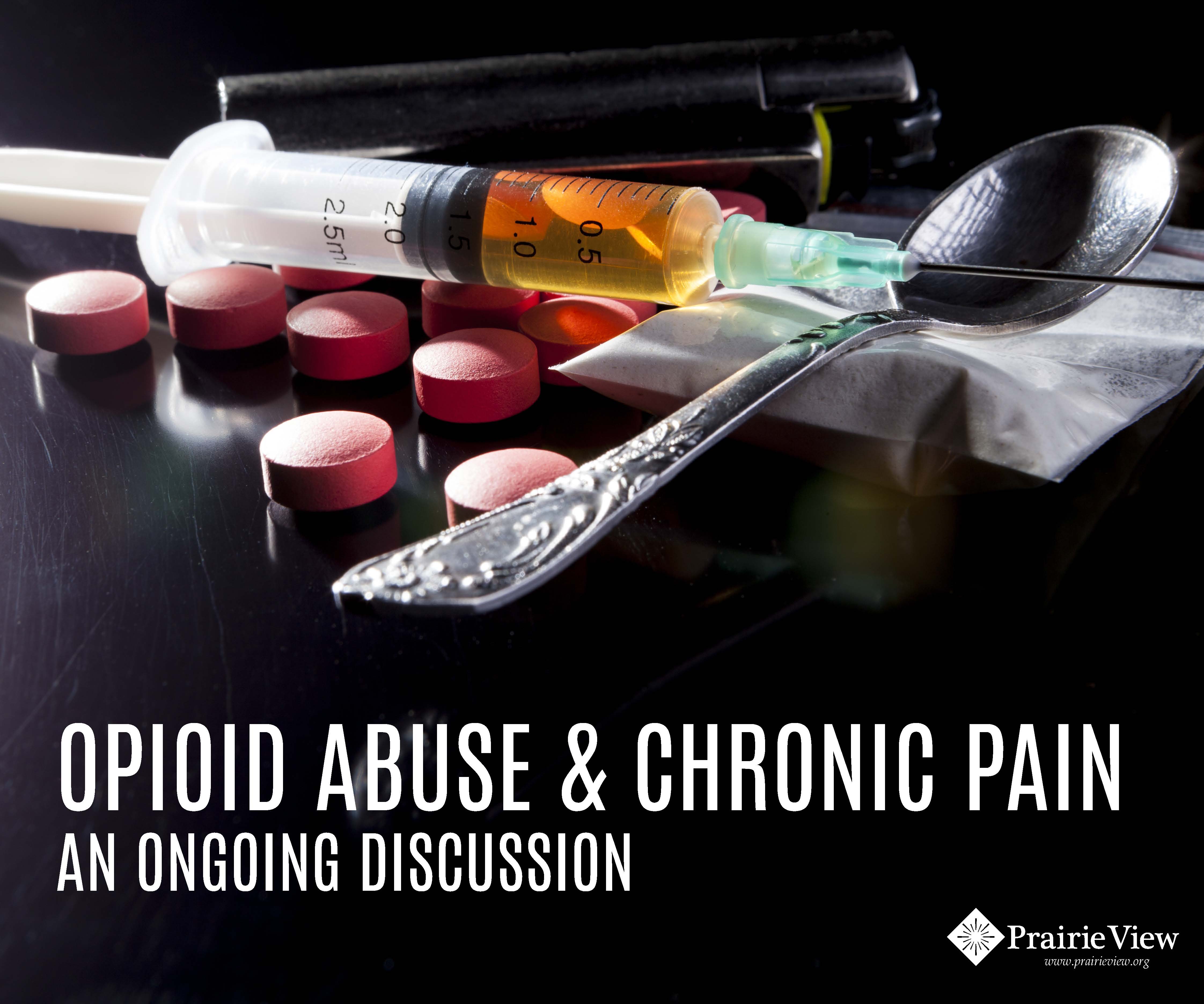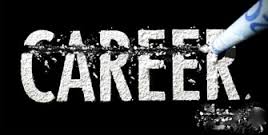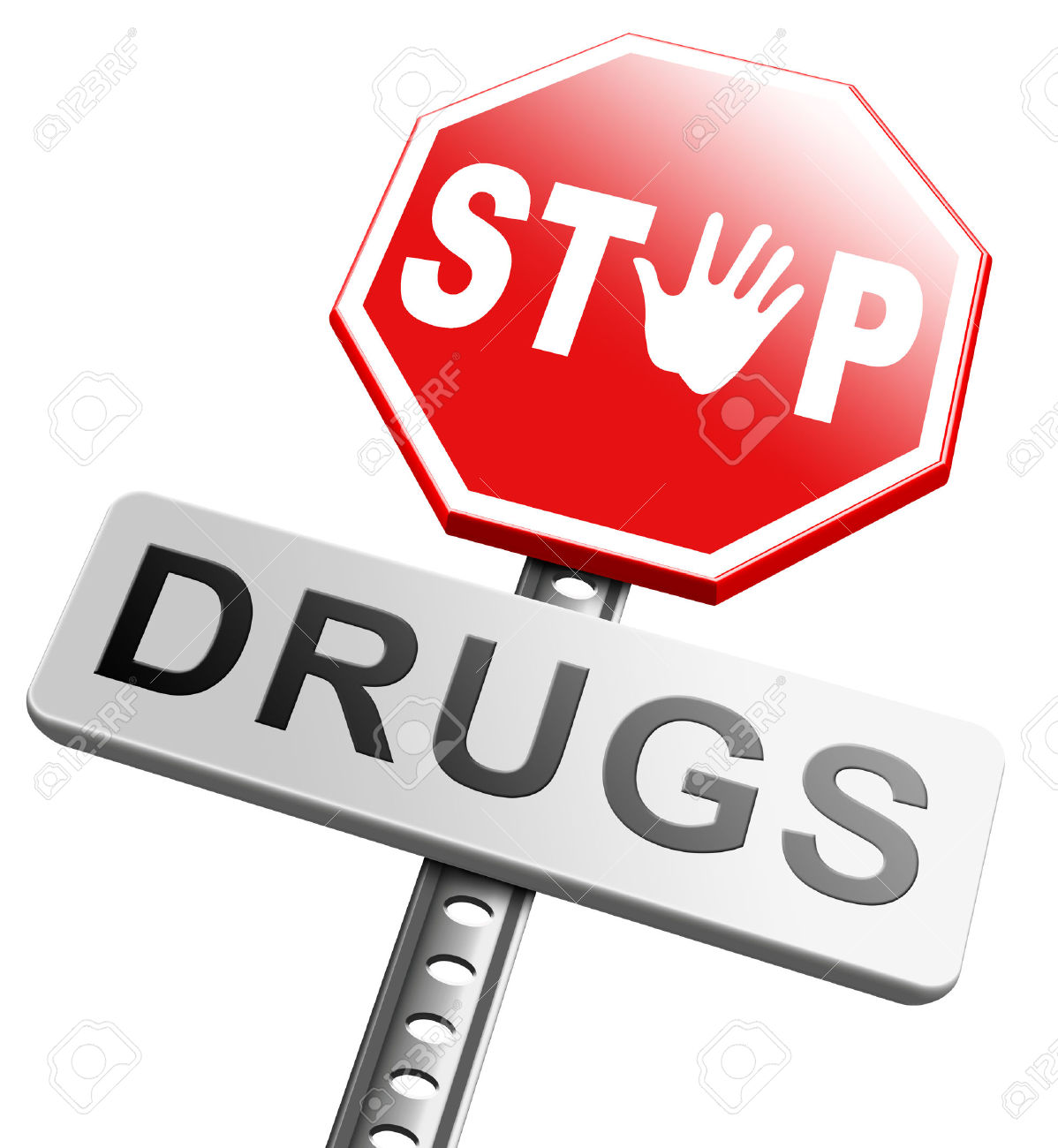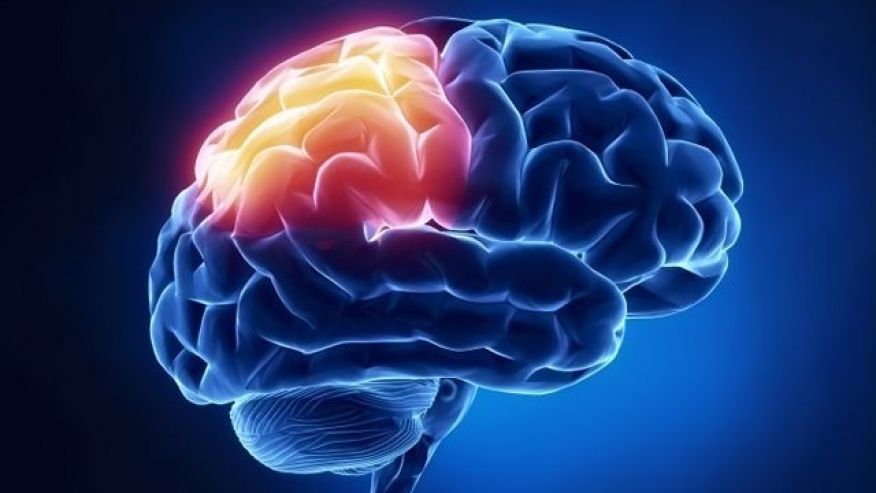Healthy brain activities that eliminates addiction
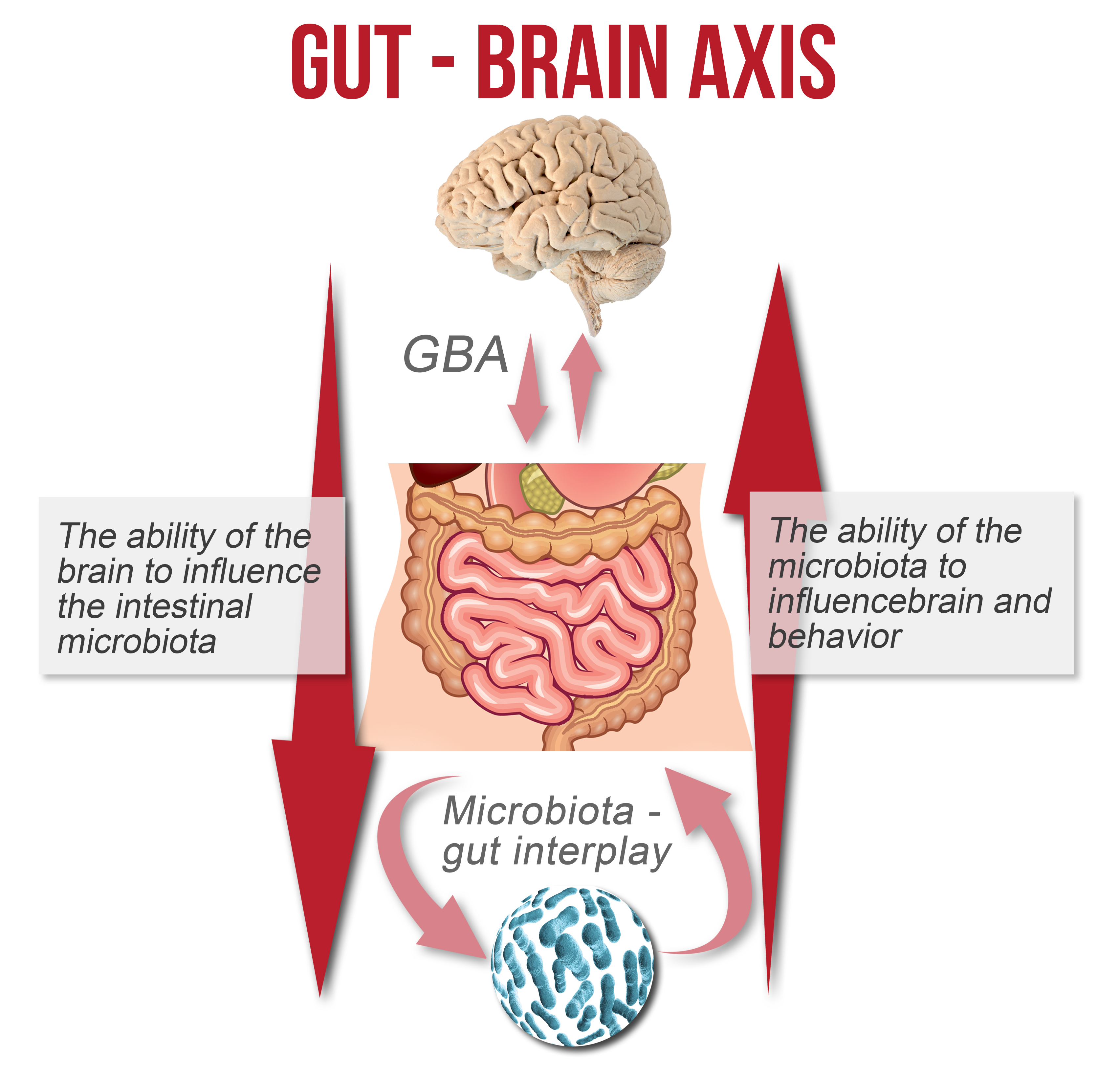
Healthy brain activities that eliminates addiction
Healthy brain activities that eliminates addiction: Finding solutions of addiction from the brain
It is no secret that life stop the moment the brain stops? Many people often feel the heart to confirm death yet the heart doesn’t drive your life. As a matter of fact it is only the healthy brain activities that drives the functions of your life. Any distortion of the brains health brings all other things to a halt. In order to understand this better, we want to use this plat form to educate us about the need of keeping our brain healthy as a solution to drug addiction. As we continue with the discussion, we want to invite you to join us as we engage the services of addiction expert of several decades doctor Dalal Akoury (MD) and also the founder of AWAREmed Health and Wellness Resource Center. Ideally this facility was formed out of the deepest concern doctor Dalal Akoury after seeing and attending to many addicts of different substances. You can become a part of the solution to this problem by calling doctor Dalal Akoury for a more in-depth and professional redress.
Doctor Akoury reiterates that the concerns of many people is that for any addictive behavior, a good place to start the journey of recovery is and should always be at the end of your fork. Remember that any effort towards beating an addiction and staying committed to sustained recovery will heavily depend on your optimal and perfection of your mental health, besides that there are scientific evidence that your mental health will be affected powerfully by what you feed on. A path to recovery from destructive addictions, including those to drugs, alcohol, compulsive eating or gambling, could start at your next meal. It is therefore very important that no time is wasted in dealing with all manner of addiction. The moment you notice signs of addiction, it is only fear that you seek for treatment immediately before it is too late to make any significance change.
Healthy brain activities that eliminates addiction: Effects of relapse
In my several decades of working with patients, I have seen how the 12-step approach can be very effective when the patient is willing to recover. Alongside that I have also established that without dietary changes being implemented on the part of the victim, any attempt of abstinence and recovery is needlessly more vulnerable to relapse. At the heart of the problem are a new set of dietary choices. And because many people are currently feeding on highly-processed foods, foods which are not originally designed by nature but designed in the laboratories, this can cause life to be very complicated in the long run. Remember that the main ingredients of such foods are sugar, refined carbohydrates, and vegetable oils and besides, the producers of such foods have designed them primary to taste good and appealing to the eye for the purpose of luring client into more consumption that is to say they are more of profit oriented than health. Professionally doctor Akoury is of the opinion that feeding on this kind of food will only succeed in lighting up the same pleasure-rewards areas in our brains that are activated by drugs like cocaine and heroin as well as by a variety of addictive behaviors. Ingesting dopamine-triggering foods, in other words, subjecting your brain to the ups and downs, highs and lows, of any addictive substance or activity since you are stirring the same neurochemical pot (no pun intended).
Healthy brain activities that eliminates addiction: Finding solutions of addiction from the brain
http://www.I-AM-I.com/wp-admin



